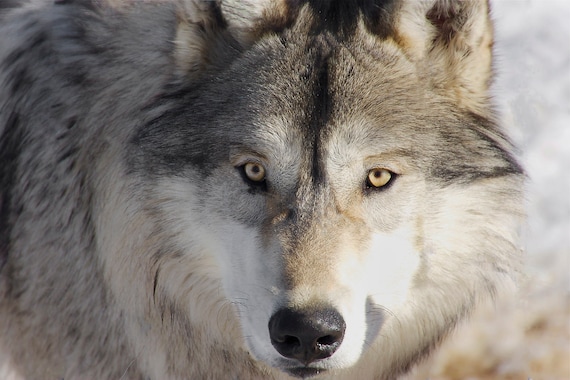
# Program Notes by Douglas Macaulay
Music is uniquely human - it is our shared human language. Music can open doors, open minds and allow us to experience the essence of another culture. Music can also be healing and this is reflected in the Squamish language where music and medicine are the same word. As work continues toward reconciling the past with the First Peoples of North America, it is also necessary to forge a shared path forward based on our commonalities rather than our differences. Music seems a very good place to start. Efforts are underway to include accurate Indigenous content in schools and it is important to seek and be granted permission from the creators and caretakers of Indigenous stories, art and music before including or adapting them for the wider community. This publication began as a conversation with Squamish Nation Cultural Adviser and performer, [[Concert Programs/Marvel of Music, June 12, 2025/Bob Baker]], who has generously agreed to share songs from his aural tradition. Following on *Eagle Song (S'pakwus Slulum)*, *Spirit of the Wolf (Stakaya)* is the second song he has granted [[Concert Programs/Marvel of Music, June 12, 2025/Robert Buckley]] permission to expand into a work for concert band.
## The Wolf Clan Legend (as described by [[Concert Programs/Marvel of Music, June 12, 2025/Bob Baker]])
Long ago in the Squamish territory hunters discovered a little boy of about 4 years old along the banks of the river. After observing for a while they noticed wolves were keeping him company. They went back to the village and sought council on what should be done. They were instructed to go and get the boy. While distracting the wolves, the braves were able to get the boy into the canoe and safely back to the village. Once inside the longhouse, wolves showed up and started to try to dig under the walls and scrape at the doors, all the while howling. They laid siege to those longhouses for 2 weeks - luckily the people were prepared. The wolves finally went away and the little boy became part of the Squamish Nation Family. One day trouble came - enemies from the north were about to attack the main village. By this time the boy had become a man and a warrior and was now the grandfather of a large family. He was sought for advice. He planned a way to defend the people and villages and fought along side the warriors. The attack took place and the fighting lasted for 5 days until the enemy were driven back to their canoes and sent away. The people were happy and went to look for the Grandfather, but couldn't find him. Nearby in the forest could be heard the howling of what sound like hundreds of wolves. It was suspected that the wolves were there to support the Grandfather in fighting the enemy and that he returned to the Wolf Family (his first family) in his old age. This is the Origin history for the Wolf Clan of the Squamish Nation. The Wolf Clan represents the spirit of family, the warrior spirit and leadership - working together to get the job done.
### Comments from Mr. Windsor
There are few pieces that speak to the culture of Notre Dame Collegiate better than this one. Notre Dame Collegiate is a family, and each of us are leaders in our own passions. Our sense of community is strong, and is more than just the words we say to start our day; "we respect the dignity of every individual and strive for solidarity and peace". It is no wonder that our mascot is the Timberwolf, the very creature that this piece of music is inspired by.
As we continue on our path in Truth and Reconciliation, we see immediate connections between the values we hold in our own faith and the values shown in this music. We are pleased that this music has been gifted to those beyond the Squamish Nation to share, and find deep meaning in the story for ourselves as well.